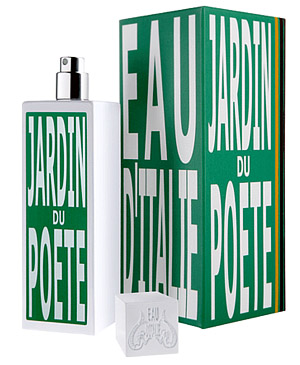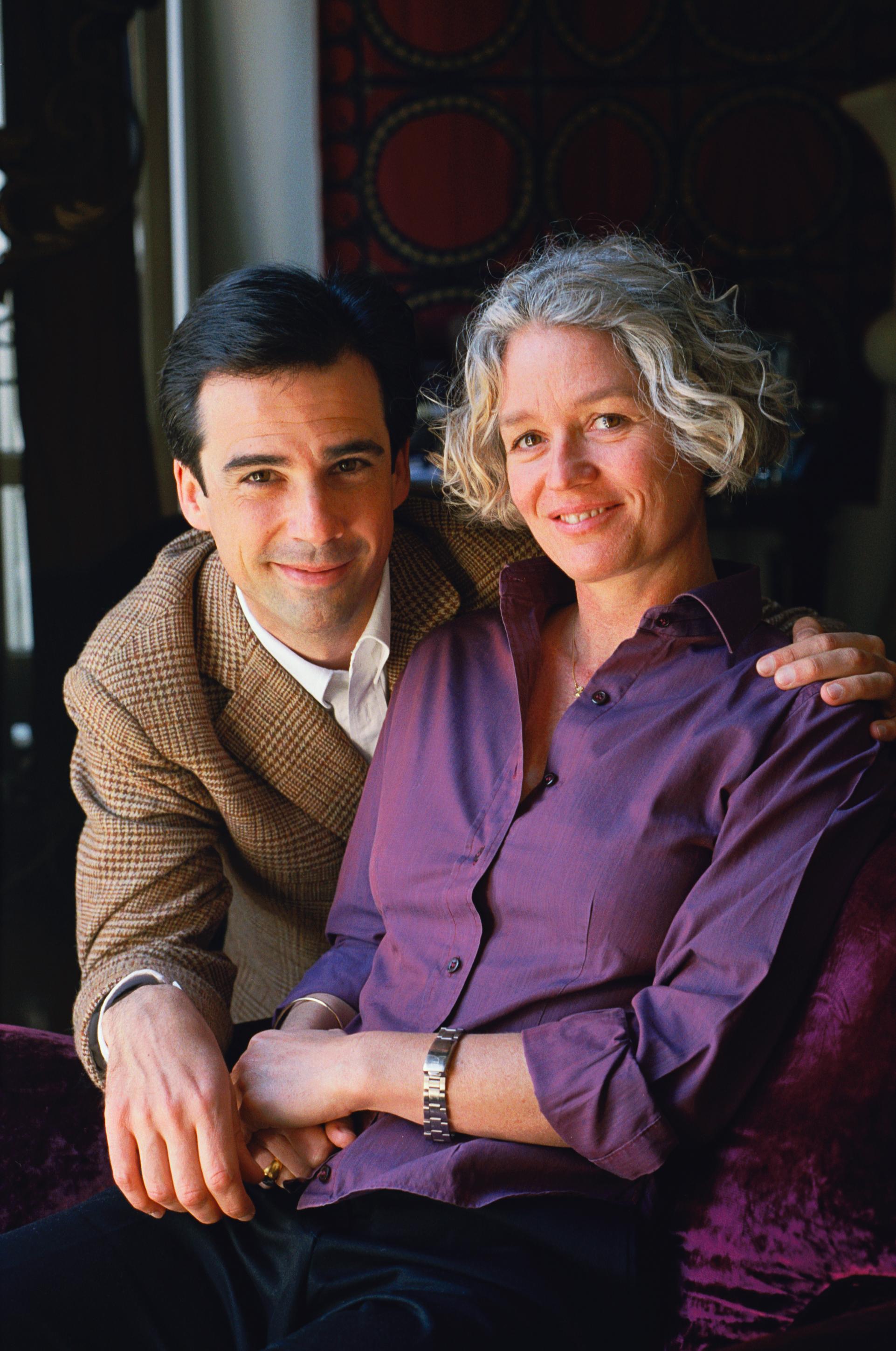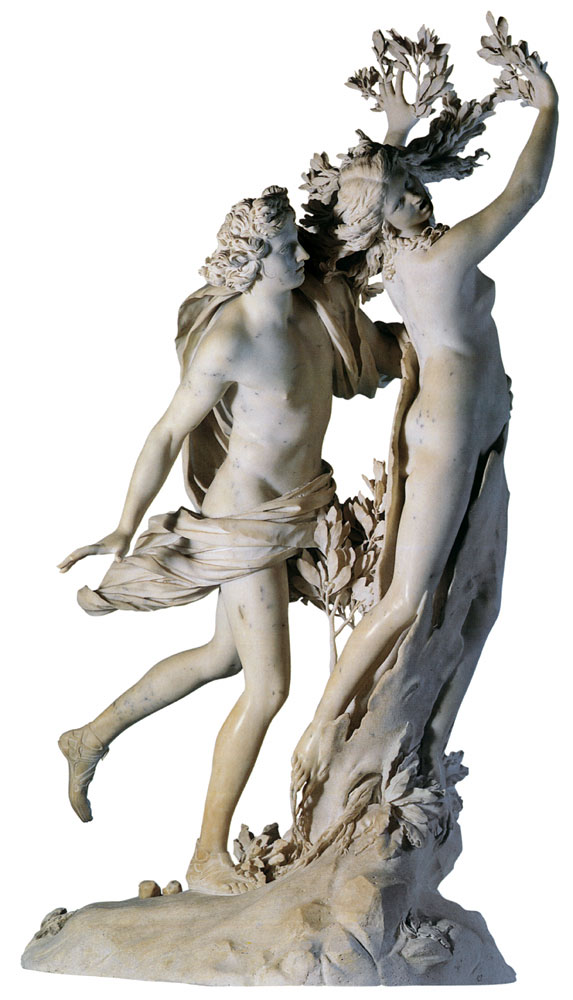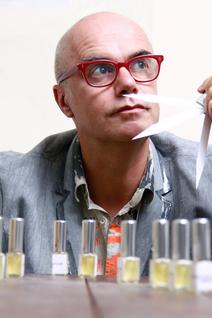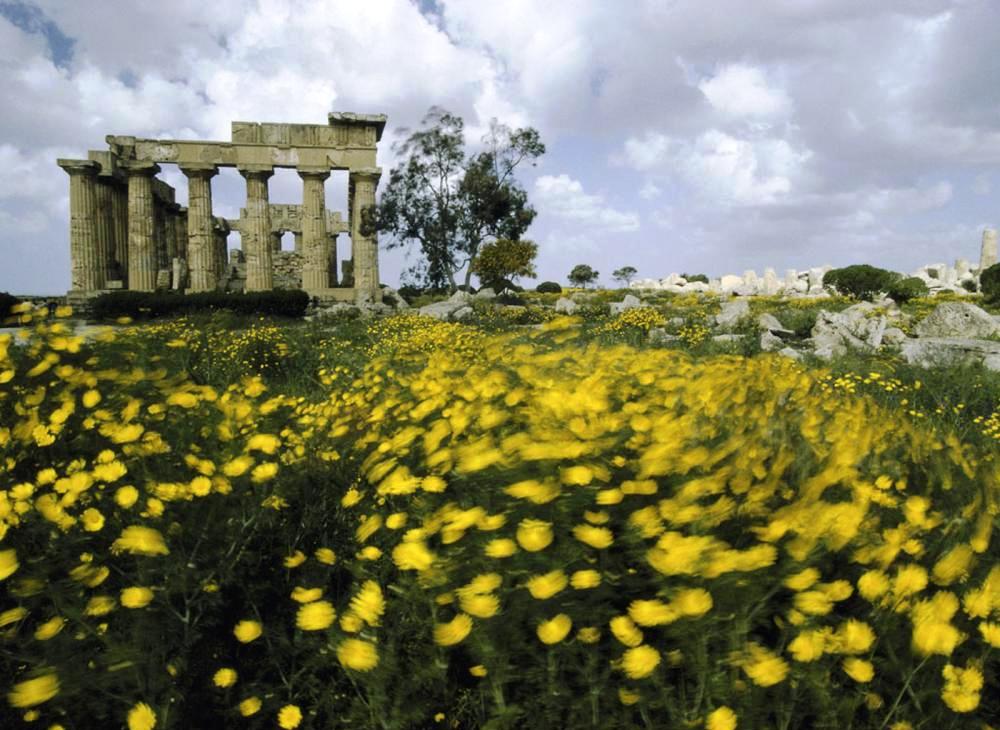Eau d'Italie sits high above the Mediterranean on one of the most gorgeous and coveted locations on the Amalfi Coast
According to Sirenuse legend, the Sirens' songs were compelled by a powerfully seductive scent - a cocktail of magnolia, tuberose, honey and musk. After the end of the Second World War, the noble Neapolitan Sersale family reunited at their 18th century summer home on the Amalfi coast, a palazzo perched upon cliffs that rise high above the Mediterranean. The family decided to convert this palazzo into a luxury hotel and in 1951, Hotel Le Sirenuse, named for the Islands of the Sirens was born. Today, the Sersale family has produced a series of fragrances inspired by the beauty of their location, the captivating scents of Italy blended with ancient legends. They turned to world famous Perfumer, Bertrand Duchaufour to help create these highly original creations and Eau d' Italie was born. In this interview, Marina Sersale and Sebastian Alvarez discuss one of their latest fragrances; Jardin du Poète.
RB: Jardin du Poète, “The Poet’s Garden”, is a scent that evokes Sicily and all things Sicilian. Tell us what that means to you exactly…when I think of Sicily, I think of the hot sun and Italian herbs…
Sicily is a world in itself, a self-contained universe, and once you get to know it, or to know it a bit, the sole mention of the name evokes so many different images and sensations, that to mention some of them always implies the fear of forgetting some others. But, to try to convey the idea, consider this: Over the centuries, Sicily was a Greek colony, and that was the idea for Jardin du Poète, as you know. But then, after that, Sicily was also much influenced by the Moors, and then conquered by the Normans, which for three centuries ruled it, and turned it into a beaming sun in the centre of the Mediterranean, a most cosmopolitan of kingdoms where people of all creeds cohabited in peace and where arts flourished. Then came the Spanish dominations, then the French influence, so, basically, Sicily really is like the melting pot par excellence. All these different historical influences are today there to be seen, in the shape of Greek temples, Norman cathedrals and palaces, Moorish architecture, and so on. So, when evoking Sicily and all things Sicilian, what we meant was to evoke that outstanding, extraordinarily beautiful, magic and sensual universe that Sicily is.
RB: Once you developed the story for this perfume...it must have been very important for you to get it just right and not rush the process?
Bertrand was spot-on on it when he set hands to task, and the results were absolutely wonderful from the beginning. What was more challenging, afterwards, was to find the right quality for the raw materials to produce it.
RB: Your press states that “The inspiration for this fragrance is a tale from a bygone era, when nations where ruled by poets, and poets were sacred to Apollo. In those days Sicily was a Greek colony, Syracuse was a fragrant court, and its gardens vibrated with the scent of citrus orchards and rows of aromatic plants.” This sounds so lovely; did the both of you envision this as a team?
Yes indeed. The fact is that, normally, when Marina and I set out on a project, it normally stems from mutual experiences. And it the case of this particular vision of Sicily, I think it just represented an era we both are very much interested in, one of the heydays Sicily’s had hirty centuries.
RB: Please walk us visually through this garden....it’s almost as if we can see a beautiful terrace garden filled with rows of herbs and fruit, yet there’s a salty sea essence that we experience and something very indolic...What is that note or notes?
I think you have to separate the images that bring the inspiration from the actual composition of a fragrance. I mean, the garden is a citrus orchard, with oranges, lemons and grapefruits hanging from the trees. And at the same time you would have wild basil and aromatic herbs, which, if you take things literally, would be some sort of contradiction, since citrus are ripe in fall/winter whereas herbs like basil give their best in summer. But it doesn’t matter, it’s not a literal meaning you have to be after, but rather to the right images that project the spirit, the soul of a fragrance, don’t you think?
RB: Does this garden really exist somewhere or is it the perfumers fantasy of a garden that could have existed somewhere long ago or somewhere yet undiscovered? If it does exist, where is it?
I think this is partially answered above, but let me add this: No, it’s not one particular garden, but rather several gardens, or even the spirit of several gardens, blended together, the best of each.
RB: Are all of the raw ingredients indigenous to their part of the world? It smells so fresh to us that we cannot discern them.
No, not necessarily, they are not all indigenous to Sicily. Again, the important thing is what the fragrance conveys when you smell it.
RB: Reviewer, Beth Gehring asks: If you were sitting in the garden that inspired Jardin du Poete, what would you be eating as the meal and who would you be eating it with?
Interesting question…I wouldn’t necessarily think of being eating something, but if I had to, I think it would be something really Sicilian, like, say, pasta with almonds pesto, sardine and orange peel rolls, or, in the afternoon, a chilled “latte di mandorle”. Whom with? My wife and partner Marina, of course!
RB: Marina, what is your first scent memory?
The scent of jasmine in summer, walking up the Via dei Mulini - the little pedestrian road that leads up from the beach in Positano. The smell of figs by the sea on a hot summer's day in Palinuro (a small town by the sea south of Positano, where we used to rent an old dilapidated fort for part of our summer holidays).
RB: Sebastian?
Celery from the kitchen of my kindergarten. Used to hate it at the time because I associated it with going there. I now like it very much though. I think this gives somehow some hope about one’s evolution.
RB: As a team, where will your travels take you next for the inspiration for a future fragrance?
The real, pointblank honest answer: We don’t know. That’s the nice thing about inspiration, it comes and it surprises you.
Our thanks to Marina Sersale and Sebastian Alvarez of Eau d'Italie.
Raphaella Barkley / Editor-In-Chief
Bertrand Duchaufour
Interview With: Marina Sersale and Sebastian Alvarez of Eau d'Italie
By Raphaella Barkley
September 10, 2011
All content included on this site, such as text, graphics, logos, icons, videos and images is the property of The Perfume Magazine, LLC. or its content suppliers and protected by United States and international copyright laws. The compilation of all content on this site is the exclusive property of The Perfume Magazine, LLC. and protected by U.S. and international copyright laws.
The Perfume Magazine Banner was designed exclusively by GIRVIN and is the property of The Perfume Magazine, LLC.
All images appearing in the banner are registered trademarks of their respected company and are used with permission. Additional Banner information can be found on our ABOUT page.
© Copyright. 2011. All Rights Reserved. The Perfume Magazine LLC
